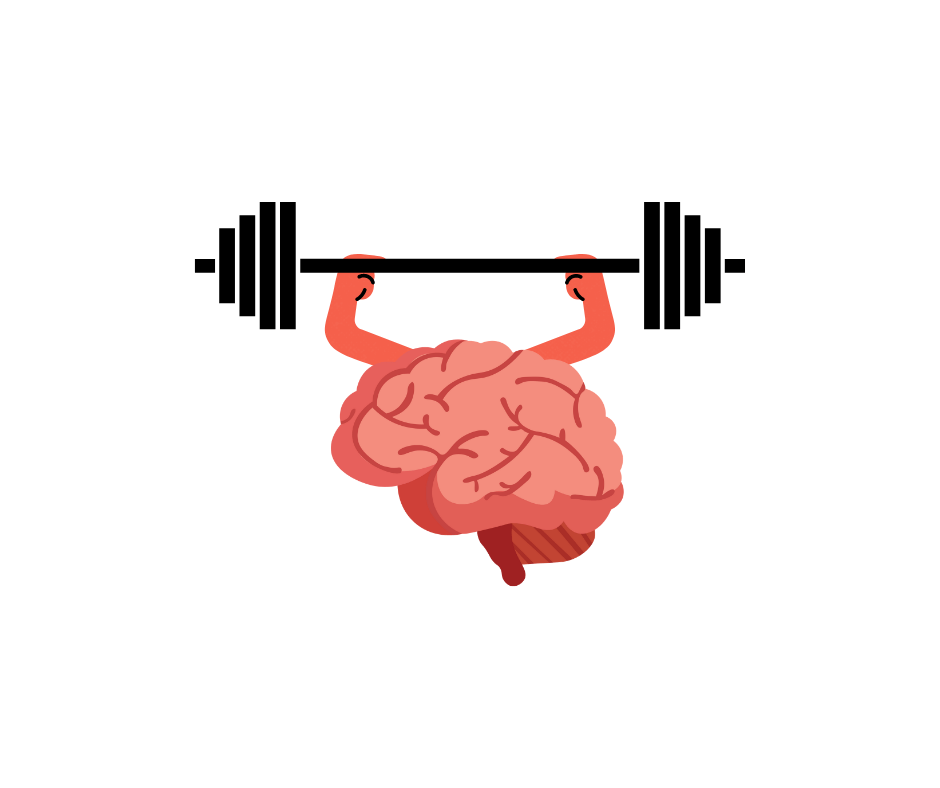Mental strength training is essential for us endurance runners as it can greatly enhance our performance and help us achieve our goals. Endurance running is not just about physical strength, it also requires a strong and resilient mindset to push through fatigue, overcome challenges, and maintain focus and motivation over long distances.
Why mental strength training is important for endurance runners
Improved focus:
Endurance running requires prolonged focus and concentration, which can be challenging when fatigue sets in. Mental strength training can help us improve our focus and stay present in the moment, allowing for better managing distractions and negative thoughts.
Enhanced resilience:
Endurance running is a demanding sport that requires a great deal of resilience. Mental strength training can help us runners develop coping strategies and build our mental toughness, allowing us to bounce back from setbacks and stay committed to their goals. How many times have we had a bad race and came back for more? It’s when things don’t go to plan that we need resilience more than anything.
Greater motivation:
Mental strength training can help runners maintain our motivation and stay committed to our training regimen. This is important for long-distance runners who need to consistently put in the time and effort required to improve their performance. For some of us, long distance can mean 10k while for others 100 miles. It is relative, but the message remains the same.
Better stress management:
Endurance running can be a stressful activity, especially when dealing with injuries or setbacks. Mental strength training can help us develop effective stress management techniques, allowing us to better handle the challenges that come with the sport. This is where building mental strength goes well beyond our sport as well.
Improved performance:
By developing mental strength, we can improve our overall performance by digging deep when we need to. It’s that mental strength that helps us keep our legs turning over when there’s just nothing left in the tank.
Mental strength training is a critical component of endurance running. By developing better mental toughness, we can improve our focus, resilience, motivation, stress management, and overall performance. So How do we do it?
Here are some methods to use for mental strength training:
Visualisation:
Visualisation involves creating mental images of a desired outcome. We can use this technique to visualise ourselves crossing the finish line, running at a steady pace, or overcoming obstacles during a race. This can help improve focus, confidence, and motivation.
Positive self-talk:
We can use positive self-talk to combat negative thoughts and build self-belief. When facing difficulties or a tough spot on the course, we can use phrases such as “I can do this,” “I am strong,” and “I am capable” to help reinforce a positive mindset during training and races. Some of my favourites are, “You trained hard”, “Your training was perfect for this race”, “You are a sub 3 hour marathoner”, “You are a 38 minute 10k-er”, etc…
Mindfulness:
Mindfulness involves paying attention to the present moment without judgement. Runners can use mindfulness techniques to stay focused during training and races, and to manage stress and anxiety. Examples include deep breathing during recovery periods, body scans while racing, and mindfulness meditation. Staying in the moment is far better than focussing on the pain and suffering.
Goal-setting:
Setting goals can help us stay motivated and focused during training and races. It is important to set both short-term and long-term goals, and to make sure they are challenging but achievable. This can help build resilience and mental toughness.
Mental rehearsal:
Mental rehearsal involves mentally practising a race or training session before it happens. We can use mental rehearsal to prepare for challenges and build confidence. Visualise yourself running the race, dealing with obstacles, and maintaining focus and motivation throughout. In the weeks leading up to a target race, I will visualise myself crossing the finish line with my goal time displayed on the clock.
Exposure therapy:
Exposure therapy involves gradually exposing oneself to a feared or uncomfortable situation. We can use this technique to overcome fears or anxieties related to running, such as running in a crowded race, running in bad weather, or even taking on a tough hill session. Gradually exposing ourselves to these situations can help build resilience and mental toughness. This is the reason why I add ultra-distance runs to my marathon training plan. For me, I build a tolerance to being on my feet and hurting, for extended periods of time. This helps me when it comes to the target race.
These are just a few examples of the many methods that endurance runners can use to train our mental strength. It is important to experiment with different techniques and find what works best for you.
Here is a very interesting article from the MIT Press: Running and the Science of Mental Toughness
I’d love to hear your views on how you prepare mentally for your important races. Comment below.

